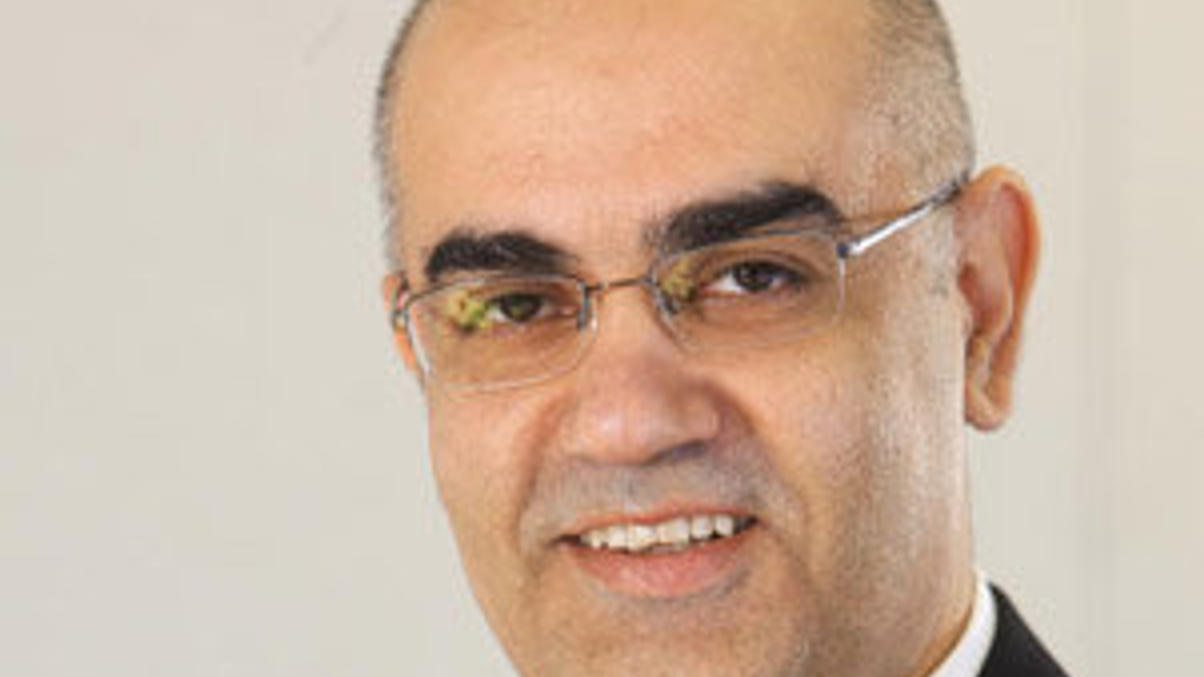Time for Asian managers to shine: MSIM's Nandra
Morgan Stanley IM's head of international investment management, Navtej Nandra, sees big opportunities within the region's rising asset base and tips an industry shake-out.

Asian asset managers have an unprecedented opportunity for growth even though the region is still underestimated and misunderstood by many global investors, says MSIM’s Navtej Nandra.
Sign in to read on!
Registered users get 2 free articles in 30 days.
Subscribers have full unlimited access to AsianInvestor
Not signed up? New users get 2 free articles per month, plus a 7-day unlimited free trial.
¬ Haymarket Media Limited. All rights reserved.


